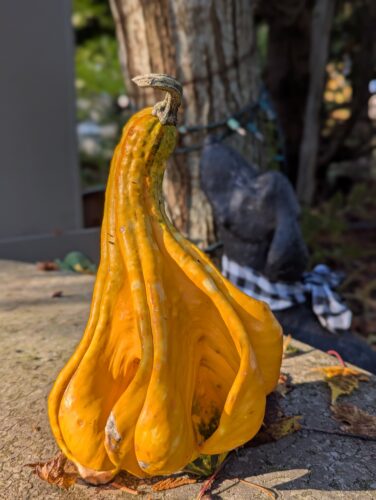
What do you do when you have no relevant life experiences to inform the stories you want to write? Stories that readers will want to read?
Asking for a friend.
Make it up!
Sounds good, except you can travel only so far outside your own mind crafting a story. Science fiction writers travel the furthest. I read Zelazny, Spinrad, Heinlein, Asimov, Niven & Pournelle, and many others when I was young. Possibly because I wasn’t a very patient reader back then, most Sci-Fi stories didn’t grab and hold my attention. Some were ok, good enough that I finished the book, but overall, meh. I read a lot of science fiction, many of the titles were recommended to me by friends who absolutely devoured Sci-Fi books. I didn’t much care for the writing style, though, it too often felt stilted to me. Too much telling. As a reader, I want to experience the character’s thoughts, not the author’s. And even more than that, I want what I read to express… big word alert… verisimilitude. For me a story needs to feel true or real. I want one that shows me something about the authentic human condition, preferably a condition foreign to me before I picked up the book. That’s mostly why I read fiction.
Millions of very fine readers loved the Hobbit series. Many more the same for Harry Potter. I’ve read neither, but I get it. I’m in awe of writers who travel far outside their own life experiences, fantasize while aboard a delayed London train and craft a story with the power to hold millions of readers rapt for hundreds of pages, and maybe hundreds more in sequels. If you enjoy reading stories about human-like creatures, or worlds of magic, carry on, enjoy your book. I am not some member of the gatekeeper’s guild of superior fiction here to tell you what you ought to be reading. Or to diminish Sci-Fi and other genres (e.g.romance novels) by saying they are to “literary writing” what food trucks are to Haute cuisine. Although even within genre there are so-so writers (storytellers) and really good writers, it’s not a flat distribution. Peruse the shelves of “best sellers” at an airport bookstore next time you’re there, read the first few pages of some of those books, you’ll see the difference. The quality of a novel (or short story) is not entirely subjective, is all I’m saying.
Back to my query about writing outside your experiences – research is one way. Especially useful for the writer of historical fiction, of course. These days as a writer you gotta be careful what sort of people and places you invite to your fiction. You don’t want to be accused of “cultural appropriation.” Or imagine a male author writing a story from a female point of view. Gender appropriation! Naive rebel that I am, I’m actually working on such a story, told from a female, first-person point of view. I’ve never existed as a female, never had female experiences, so I’m left trying to conjure the “voice” of a woman. She may not survive revision, or maybe the story won’t end up being about what I now think it might be. Which is a nice and flexible feature of the creative process, especially edition – you can’t necessarily predict (and good advice has it you shouldn’t try) which parts will stay and which will go, or even where the story will end up. The science guy in me resists proceeding without intention, or a plan, but little by little I’m engaging the right half of my brain.
Moral: Write what compels you, advantage life experiences where relevant, do some research, and creatively make the rest up. Write well, revise, revise, revise, and it will all come together in the end. Keep at it.
